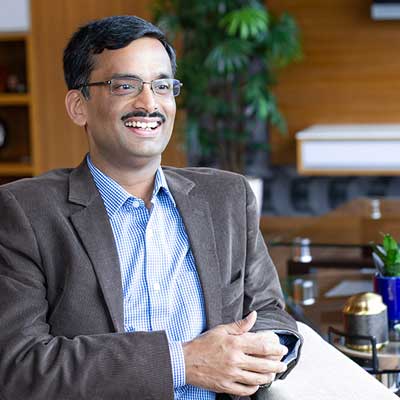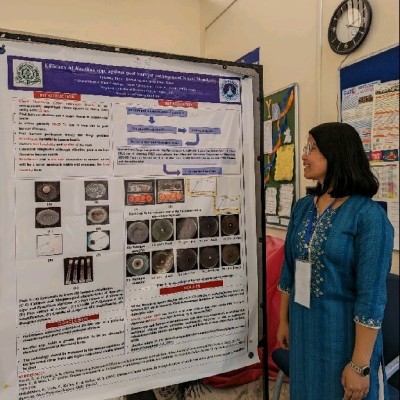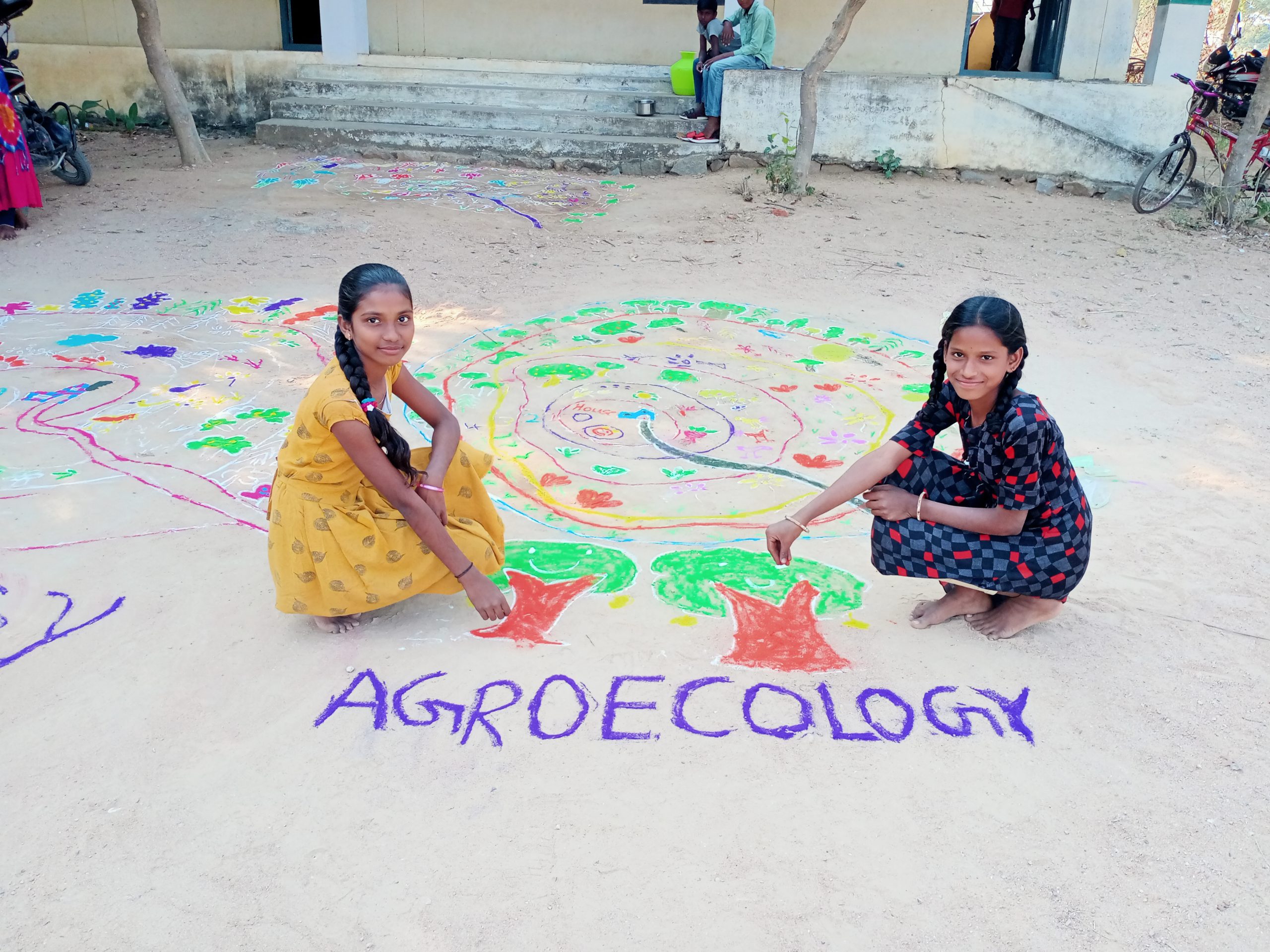RAISE (2024) WE, THE CHANGEMAKERS : A Facilitator’s Guide to Empowering Changemakers: Modules for Adolescents and Youths | 2024 Edition #44 pp.
- This guidebook on youth and agroecology has been developed by partner organisations of DKA Austria in South Asia through the RAISE Consortium
- This guidebook sheds light on the often-overlooked importance of children and youth as essential stakeholders in transformative change processes.
- It emphasizes active citizenship and youth empowerment and engages adolescents and youth for agroecology based on various modules.
- The guidebook is intended for facilitators in rural areas.
- It includes a collection of methods anchored in the 13 Principles of Agroecology and a food systems perspective and is based on Participatory Rural Appraisal (PRA).
- It has been developed with the participation of local youth and facilitators.
2 May 2024. 12:00 pm CET We the Changemakers”: Launching Event of the Facilitators Guide to Empowering Youth Changemakers for Agroecology
- Technical Intro, Welcoming, Introduction to RAISE South Asia - Philipp Bück (DKA Austria)
- “We the Changemakers”: Presenting the Facilitators Guide - Anshuman Das (picture), Malini Mukherjee
(guidebook developers and designers) - Sharing Perspectives from RAISE South Asia Youths and Facilitators
Including Trishna Taye (picture) - African Youth at the forefront of the transitioning to Agroecology - Joyce Brown (picture), Youth Platform Coordinator, Alliance for Food Sovereignty in Africa (AFSA)
Joyce announced the African Youth Summit on Food Systems & Agroecology2024 14th-16th October 2024. Addis Abeba
In recent years, the Alliance for Food Sovereignty in Africa (AFSA) has significantly increased youth involvement through the establishment of the AFSA Youth Platform. This initiative aims to engage young Africans in promoting agroecology, seed sovereignty, land justice, climate action and putting them at the forefront of advocating for sustainable food system reforms and policies.
The “Thousand African Youth Summit on Food Systems and Agroecology” was agreed as a way forward to involve more African youth in providing and discussing solutions to the challenges facing African food systems and the youth involved. The summit is a significant gathering that aims to build upon the success of the African Youth Summit on Food Systems which was held in Machakos, Kenya, 2023.
This summit is aimed at showcasing diverse solutions from African Youth to demonstrate practical ways of achieving improved livelihoods and sustainable food systems in a climate crisis.
Contact @AFSA Youth Platform: simon.bukenya@afsafrica.org and joyce@homef.org - Youth and Agroecology at SEARICE, Caryl Pillora (SEARICE, Philippines)
Watch youth-led videos here + and the animated videos @ SEARICE website
- The agenda of the meeting
- The pdf of the “We, the Changemakers” Facilitators Guide (English only)
- Interactive activities:“Interact: Where are you from?”: Tell other participants who you are and where you're from. Feel free to upload links, documents or video links to share with others!
- “Interact: Paint Agroecologically, AI!”: You can tell us and visualize a question, comment or thought you have on Youth and Agroecology.
Background:
Rights-based and Agroecological Initiatives for Sustainability and Equity in Peasant Communities(RAISE) - South Asia and Africa
- The RAISE Consortium is a network of networks supported by the Swiss Development Cooperation.
- The RAISE consortium was launched in January 2022 to support the agroecological transition and implement the rights of peasants as enshrined in the UN Declaration on the Rights of Peasants (UNDROP) in India, Nepal, Kenya, Niger, Mali, Burkina Faso and South Africa.
- RAISE is taking a “network-of-networks” approach with a diversity of local and international partners involved in peasant and pastoralist development and human rights work.









No comments:
Post a Comment